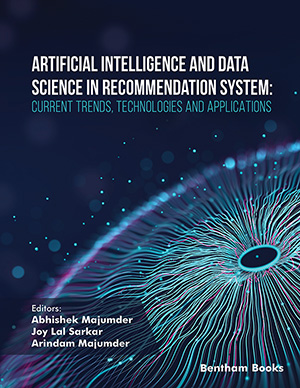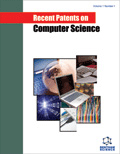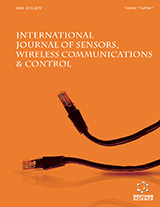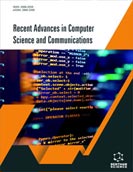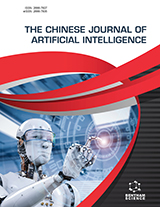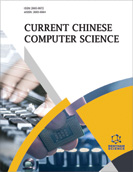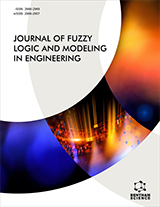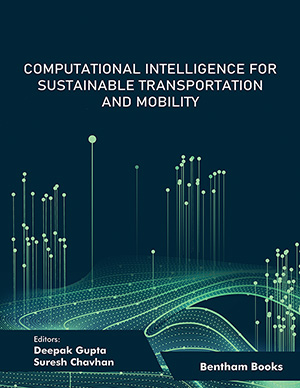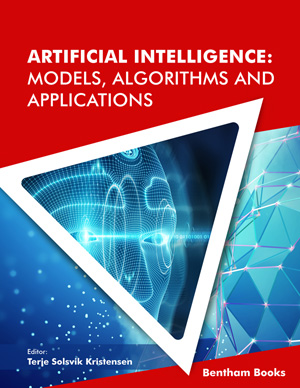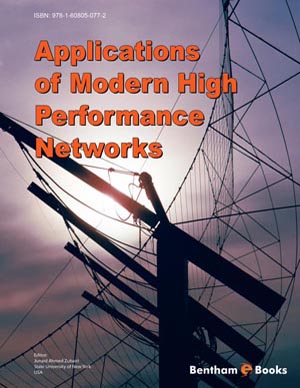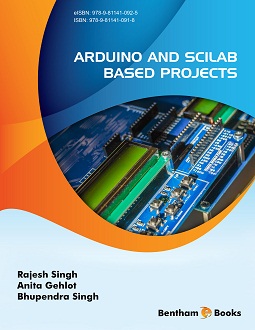Abstract
This study provides an overview of recommendation systems and machine
learning and their types. It briefly outlines the types of machine learning, such as
supervised, unsupervised, semi-supervised learning and reinforcement. It explores how
to implement recommendation systems using three types of filtering techniques:
collaborative filtering, content-based filtering, and hybrid filtering. The machine
learning techniques explained are clustering, co-clustering, and matrix factorization
methods, such as Single value decomposition (SVD) and Non-negative matrix
factorization (NMF). It also discusses K-nearest neighbors (KNN), K-means clustering,
Naive Bayes and Random Forest algorithms. The evaluation of these algorithms is
performed on the basis of three metric parameters: F1 measurement, Root mean
squared error (RMSE) and Mean absolute error (MAE). For the experimentation, this
study uses the BookCrossing dataset and compares analysis based on metric
parameters. Finally, it also graphically depicts the metric parameters and shows the
best and the worst techniques to incorporate into the recommendation system. This
study will assist researchers in understanding the summary of machine learning in
recommendation systems.
Keywords: F1-measure, Machine learning, Mean absolute error (MAE), Nearest k- neighbors (KNN), Non-negative matrix factorization (NMF), Recommendation system, Root mean squared error (RMSE), Singular value decomposition (SVD).


